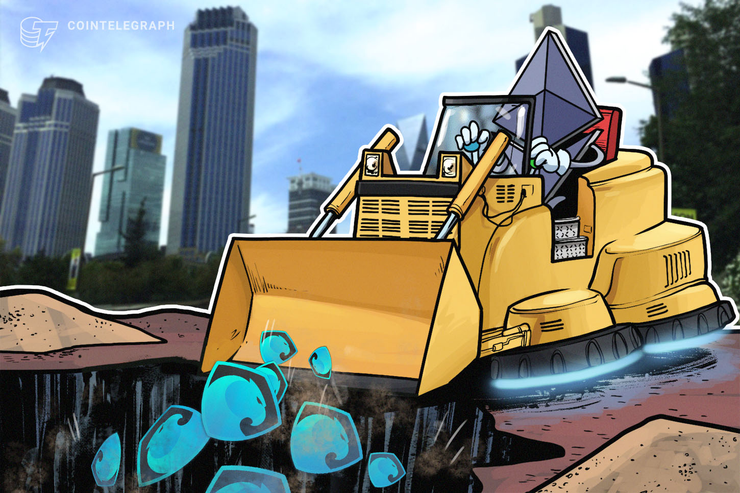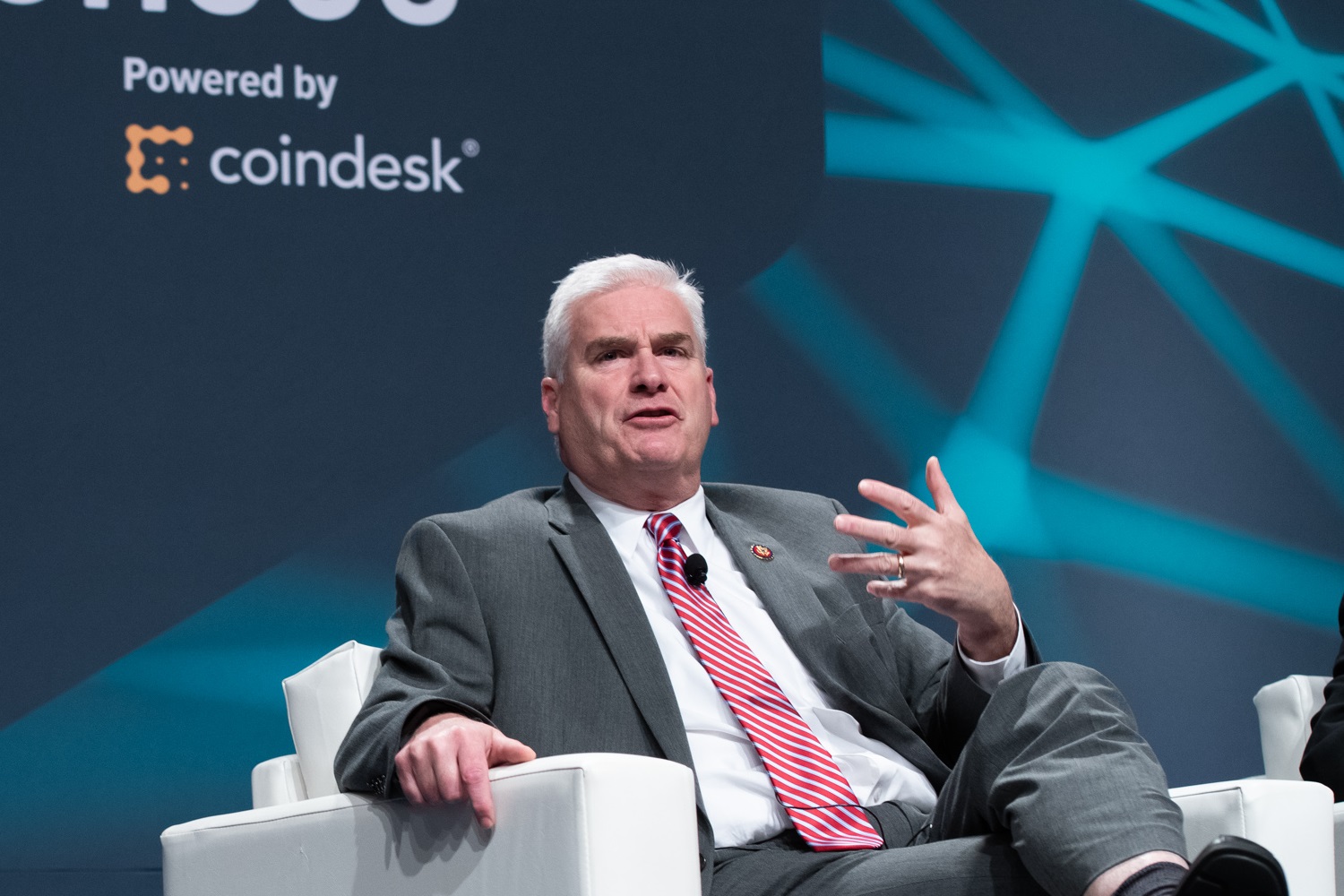The Ethereum network’s Istanbul hard fork is expected to break 680 smart contracts on the decentralized management platform Aragon.
Jorge Izquierdo, CTO at Aragon One, said that the upcoming upgrade will result in the breaking of roughly 680 smart contracts, industry-focused media outlet Coindesk reported on Sept. 30.
Izquierdo explained that the impetus behind the update is to further ensure frictionless functioning of decentralized autonomous organizations (DAOs) built on the Aragon platform and address affected smart contracts.
Izquierdo added that DAOs will no longer be able to receive Ether (ETH) from one another and continued: “The issue we’re going to have hasn’t been deemed important enough for this hard fork not to happen, which from our point of view is unfortunate [but] it’s a hard balance we understand.”
Ethereum’s system-wide activation of the Istanbul hard fork arrived early today and caused a split of the Ropsten testnet. The community manager of the Ethereum Foundation, Hudson Jameson tweeted that there are miners still relying on the old Ropsten testnet, while others are already mining on the new one.
Wei Tang, a core developer at Parity, a blockchain infrastructure company that runs the core of the Ethereum network, previously cited concerns pertaining to gas issues, cautioning that it would be best to resolve them before implementing a hard fork.
According to Wei, it’s preferable to fix these gas issues before launching a mainnet hard fork, since it will be more complicated to change course once the fork has already occurred. This, in turn, he argued, may actually delay the mainnet’s launch even more.
In August, Ethereum co-founder Vitalik Buterin said that the Ethereum blockchain was almost full, noting that scalability was still a big bottleneck. As for how to improve the situation, Buterin said that networks need to evolve away from the idea that every computer is required to verify each and every transaction to a model whereby a computer on average verifies only a small portion of the transactions on the blockchain.




